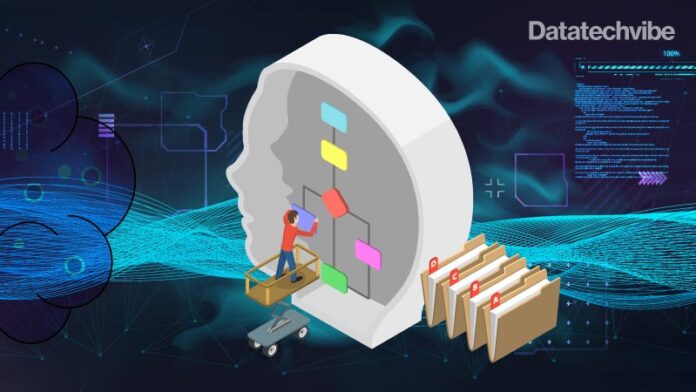The patent filings for AI innovation in 2022 are 30 times greater than the filings in 2015, proof the AI gold rush is running in full force
As private investments in AI are at an all-time high, totalling $93.5 billion in 2021, there is no doubt that, as a society, we are leaning on AI. The dependency has gone to such an extent that AI is becoming mind-altering – the AI-powered machine is becoming the mind. We are becoming less inquisitive and more trusting of the information provided by AI-powered devices, and as a result, we are losing a portion of our agency. The patent filings related to AI innovation in 2022 are 30 times greater than that in 2015. A proof that the AI gold rush is running at full force.
Too dependent?
Today, most AI applications are based on machine learning and deep learning neural networks that work better with larger datasets. For several consumer-based applications, the data is obtained from personal choices, preferences, and selections – from clothing and books to ideology. The applications can find patterns from this data, leading to informed predictions of what we likely need or want; find most interesting and engaging. But are we now too dependent on AI to tell us what to do? Remind us what we like?
Many of us can relate to an example from our daily lives, an AI-powered app that provides us with driving directions. Although these are undoubtedly helpful, keeping people from getting lost, many who were very good at directions and reading physical maps now feel not as confident in their ability without the soothing automated voice telling them where to turn. Thus, becoming dependent on the app to provide guidance.
Are we stuck?
According to a report published in the Wall Street Journal, our intellect weakens as the brain grows dependent on mobile technology. The same can likely hold for any information technology where content flows our way without us having to work too much, learn or discover independently. If that’s true, then AI, which increasingly presents us with content tailored to our specific interests and reflects our biases, could create a self-reinforcing syndrome that simplifies our choices, satisfies needs immediately, weakens our intellect, and locks us into a particular existing mindset.
In his new book The Loop, NBC News correspondent Jacob Ward mentions that we have entered a new paradigm through AI apps, with the same choreography repeated every time and in every use. “The data is sampled, the results are analysed, a shrunken list of choices is offered, and we choose again, continuing the cycle. Using AI to make choices for us, we will only wind up reprogramming our brains and our society … we are primed to accept what AI tells us.”
On the other hand, much of what is achieved with AI has proved beneficial in certain instances, solving scientific problems ranging from protein folding to Mars exploration and even communicating with animals. This dependency sometimes saves us time, and energy, and when rightly used, lets us focus on the better things. In the coming years, we might see Tesla owners playing cards with their families in the car while taking a scenic countryside drive. Some examples of AI breakthroughs include training a robot hand to solve the Rubik’s cube, the GPT-3 text generator, more realistic Deepfakes, and solving the three-body problem.
In an interview, Demis Hassabis of Google DeepMind stated three things about the future of AI. He said that AI would save us from ourselves, and may lead to a Nobel prize-winning breakthrough, and deep learning is not enough to understand AI.
But AI is not evil. It is, after all, developed to make our lives easier. The dependence on AI has become a problem, and studies have shown that more of us are doing this. AI saves us the hassle of making an effort. If we can keep that under proper check and regulation, it could be one of the most valuable things man has created. It is essential for us to always fall back on our natural abilities. AI allows us to do countless things already, and it will only grow to do more, but we have to keep in mind that having AI does not mean forgetting our capabilities but using our abilities and enhancing them with AI.
If you liked reading this, you might like our other stories
When It Comes To Cyber Threats, All Roads Lead To Identity
Can AI And Blockchain Fix The Supply Chain?









